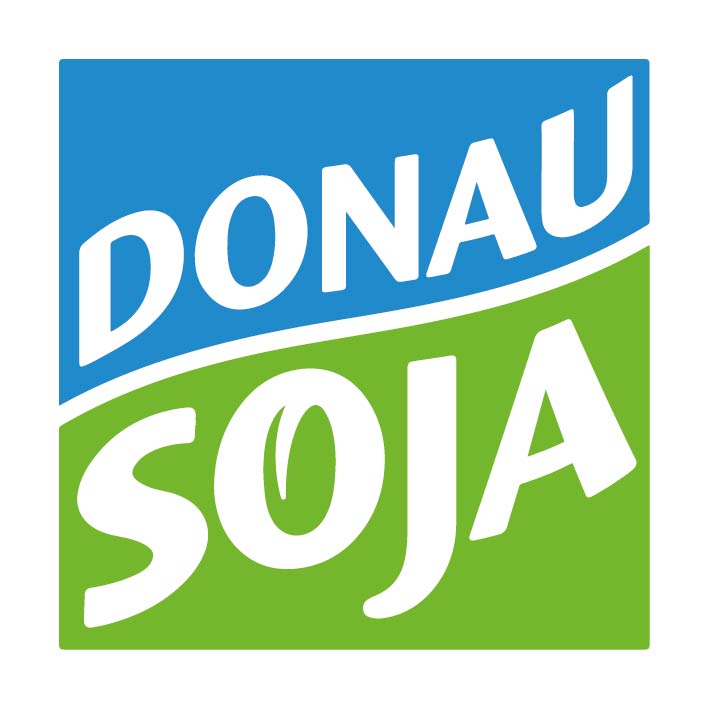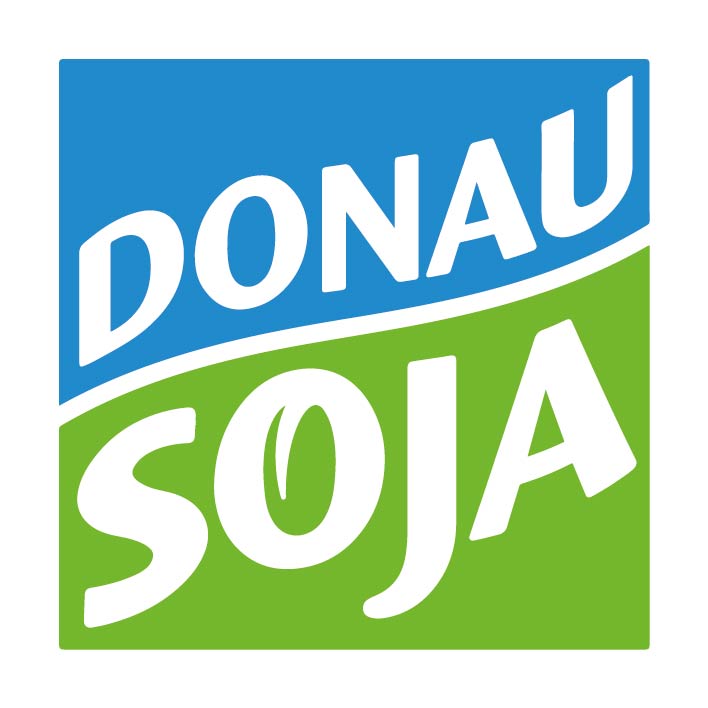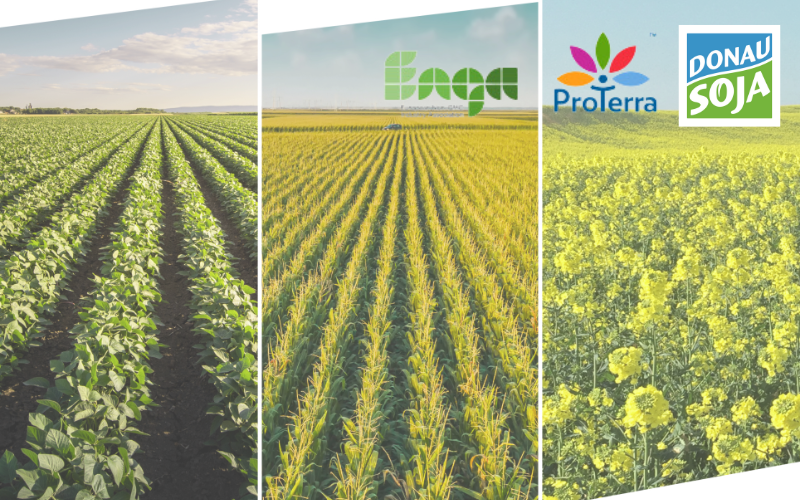Europe’s non-GMO crop markets are entering a new phase of adjustment, according to the Non-GMO Multicrop Report (July 2025), jointly published by Donau Soja, ENGA and ProTerra. The report provides a comprehensive update on supply–demand trends for non-GM soya, maize and rapeseed – three crops critical to sustainable food and feed systems.
The 2025/26 outlook points to a tightening of non-GMO soya supply, while maize and rapeseed are expected to perform more strongly across most growing regions. At the same time, ongoing geopolitical tensions, climate volatility and evolving trade policy continue to shape market dynamics in unpredictable ways.
Non-GMO Soy: area and output in the EU declining
While EU soya yields are forecast to exceed the five-year average, overall non-GMO soya availability is expected to decline due to reduced production in Brazil and parts of Europe. As a result, the global non-GMO soya market remains under pressure – especially as demand continues to rise from food and feed sectors seeking deforestation-free, transparent supply chains.
To meet European needs, Ukraine and India are emerging as key players. Both countries are expected to expand their non-GMO exports in the coming season, with Ukraine increasingly serving as a reliable source of certified, traceable soya – supported by Donau Soja’s standard and monitoring system.
Maize and rapeseed: outlook improves
In contrast, non-GM maize supply appears stable in the short term. Imports from the United States and Ukraine remain robust, with contracts covering most of European demand until October 2025. Domestic maize production is also forecast to perform well in key countries, although regional disparities remain due to persistent drought risks.
Similarly, rapeseed yields are expected to increase in several EU countries. While weather-related risks persist, early indicators suggest a more positive harvest outlook compared to previous seasons.
Complex risk landscape: from geopolitics to climate shocks
The report also notes that market volatility is likely to remain high. Weather events, shifting trade regulations, logistical challenges and geopolitical tensions all continue to impact availability, pricing and sourcing strategies. For non-GMO buyers, this reinforces the importance of transparent supply chain partnerships and forward planning.
Supporting informed sourcing and sustainable transitions
The Non-GMO Multicrop Report is designed to support processors, retailers, traders and other stakeholders in navigating the evolving landscape of non-GMO agriculture in Europe. It contributes to better sourcing decisions and reinforces the role of certified, deforestation-free crops in enabling a sustainable protein transition.
Access the full report here: www.donausoja.org/non-gm-multicrop-report


